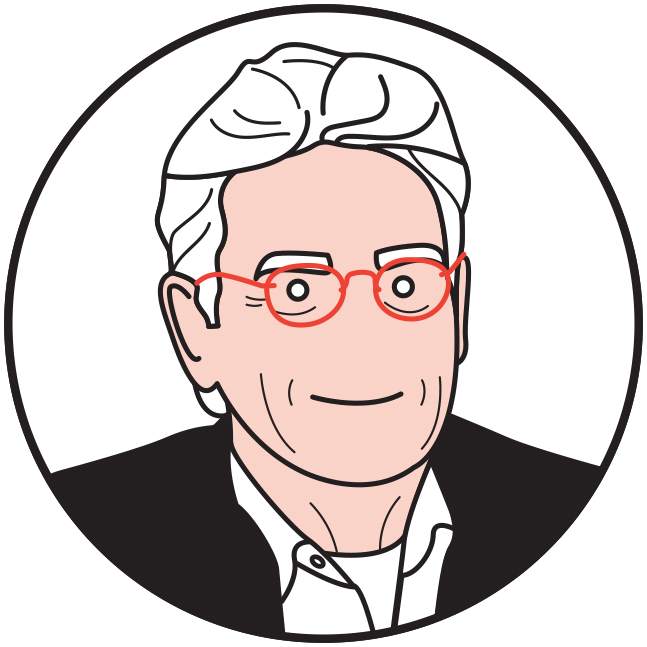I first met Robert Thurman at a repurposed Boy Scout camp in the middle of the Michigan woods in the early ’90s. It was the annual summer retreat for the Tibetan Buddhist center Jewel Heart. My lama, Gelek Rimpoche, and he were old friends, and Thurman—as everyone, including Rimpoche, affectionately called him—was there to give a talk.
Thurman is tall, witty, haphazardly handsome, with books permanently wedged beneath his arm. Despite being surrounded by a perpetual throng, he managed to speak with each of us. I later took one of his classes at Columbia University, where eager young students outnumbered the available seats. Here, too, he orchestrated myriad, at times heated, discussions with the grace of a seasoned conductor.
You have reached your article limit
Sign up for a digital subscription and continue reading all new issues, plus our entire archives, for just $1.50/month.
Already a subscriber? Sign in





